Money seems to vanish from our accounts faster than we can track it. While many of us believe we’re careful with our spending, the truth might surprise us.
Sneaky habits can drain our wallets without setting off alarm bells. Let’s explore the warning signs that might reveal you’re spending more than you should.
1. Your Savings Account Never Grows
Month after month, your savings account stays flat despite your best intentions. You promise yourself to add money next month, but somehow that day never comes. This stagnant balance is a major red flag.
When extra cash appears, it mysteriously disappears before reaching your savings. Perhaps you justify special purchases or unexpected expenses that seem reasonable in the moment. Meanwhile, your financial cushion remains thin or nonexistent.
2. Credit Card Balances Keep Climbing
Remember when your credit card balance was manageable? Now you’re making minimum payments while the total creeps higher each month. That growing number isn’t just bad luck – it’s a warning signal.
Credit cards make spending painless in the moment but painful in the long run. The interest charges alone might be eating hundreds of dollars yearly. Many people don’t realize they’re overspending until they calculate how much of their payment goes toward interest rather than reducing the principal.
3. Shopping Bags Hide in Your Closet
That shirt with the price tag still attached? The unused kitchen gadget gathering dust? These aren’t just forgotten purchases – they’re evidence of impulse buying.
Unused items represent money that could have stayed in your account. The dopamine rush from shopping feels good momentarily but fades quickly. Before long, another purchase seems necessary to recapture that feeling.
Count the unused items in your home. Each represents dollars that vanished without providing real value to your life.
4. Grocery Trips Always Cost More Than Expected
You walk in for milk and bread. Somehow, you leave with bags full of unplanned purchases and a receipt that makes you wince. Those little extras add up faster than we realize.
Grocery stores design their layouts to encourage impulse purchases. Without a list and a plan, you’re vulnerable to their marketing tactics. Those snacks near the checkout weren’t there by accident – they were placed to catch you when your willpower is lowest.
Track your grocery spending for a month. The total might shock you.
5. Your Emergency Fund Is Actually Your Regular Fund
That money you set aside for emergencies? If you’re dipping into it for non-emergencies like concert tickets or new shoes, you’ve crossed into overspending territory.
A true emergency fund should remain untouched except for genuine crises – job loss, medical emergencies, or critical home repairs. Using these funds for regular expenses or wants indicates your normal income isn’t covering your lifestyle.
Each raid on your emergency savings leaves you vulnerable when real emergencies strike.
6. Money Conversations Make You Uncomfortable
Do you change the subject when friends discuss budgeting? Does your stomach knot when your partner wants to review expenses? This discomfort often signals financial avoidance.
Facing our spending habits requires honesty with ourselves. When we’re overspending, that honesty becomes painful. We might joke about being “bad with money” instead of addressing the real problem.
Financial avoidance never solves money problems – it only allows them to grow larger in the shadows.
7. Payday Feels Like Rescue Day
Counting down to payday like it’s a holiday? This anticipation reveals you’re stretching your income too thin. Your bank account shouldn’t reach critical levels before each paycheck arrives.
Financial security means having enough buffer that payday is just another day, not a financial rescue operation. When each check is spent before it arrives, you’re living paycheck to paycheck – a stressful cycle that leaves no room for saving or unexpected expenses.
Breaking this cycle requires honest assessment of where your money goes.
8. You’ve Memorized Your Credit Card Numbers
Knowing your credit card number by heart isn’t just convenient – it might signal too-frequent online shopping. Our brains remember what we use regularly, and memorized payment details make impulse purchases dangerously easy.
One-click shopping and stored payment information remove the friction that might otherwise make us reconsider purchases. That moment of hesitation while finding your card could be the difference between buying and saving.
Consider deleting saved payment information to create a healthy pause in your purchasing process.
9. Bills Arrive Before You’ve Recovered From Last Month
The cable bill appears in your inbox and your stomach drops. You’re still catching up from last month’s expenses, yet here comes another round of payments. This perpetual game of financial catch-up indicates overspending.
Regular bills shouldn’t cause anxiety in a balanced budget. They’re predictable expenses that should have designated funds waiting for them. When they instead feel like unwelcome surprises, your spending in other areas is likely exceeding what’s reasonable.
Creating a bill calendar can help visualize this cash flow problem.
10. You Justify Purchases As “Investments”
“This designer bag will last forever” or “This gadget will save me money eventually” – sound familiar? Reframing wants as needs or investments is a classic overspending justification.
True investments generate returns or necessary utility. That expensive juicer gathering dust wasn’t an investment – it was a want disguised as a need. We’re remarkably creative at convincing ourselves that purchases are more essential or valuable than they really are.
Next time you’re about to “invest” in something, ask yourself: will this truly generate value or just temporary satisfaction?

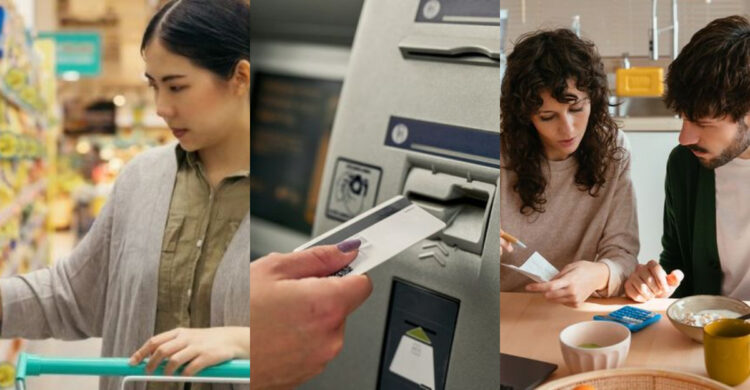
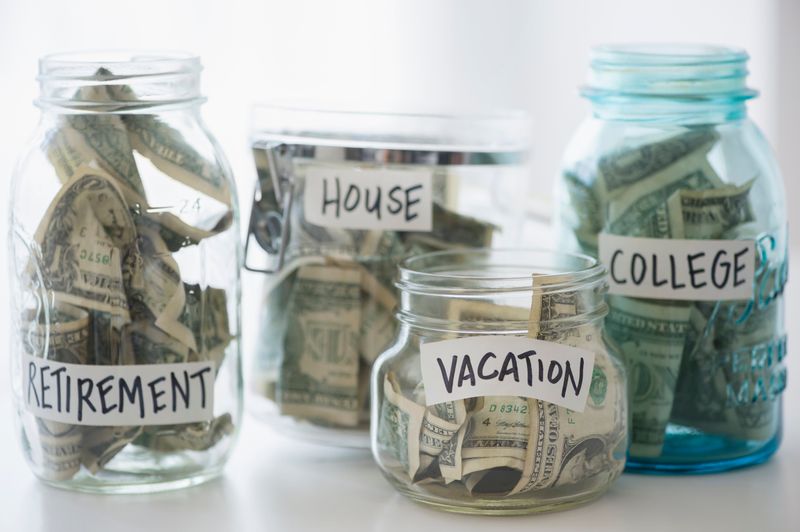
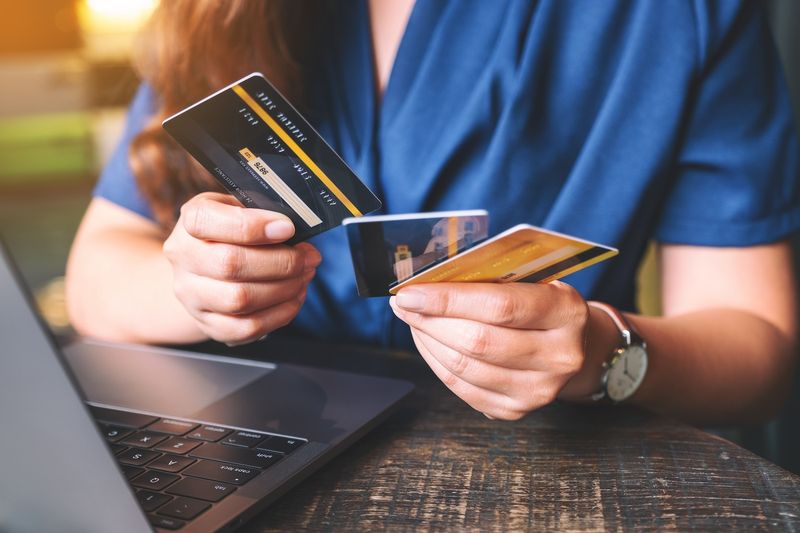


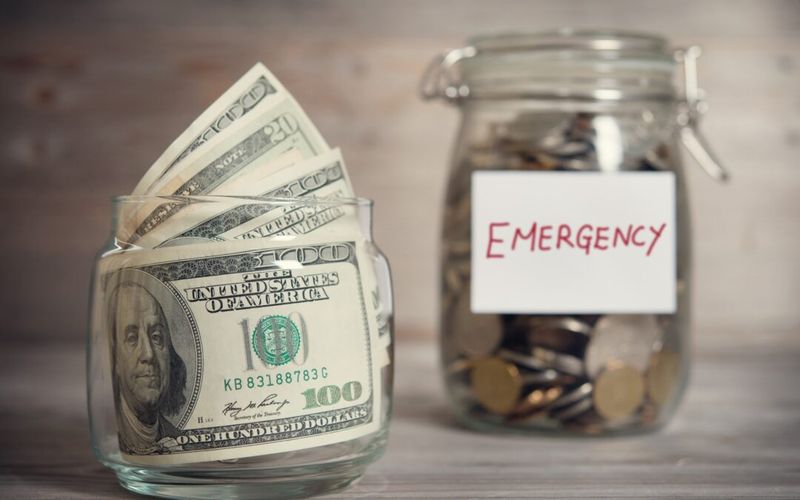

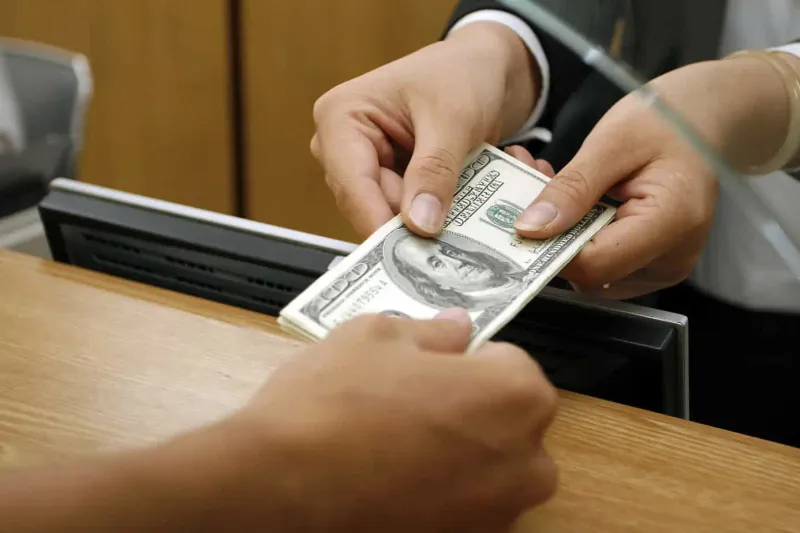
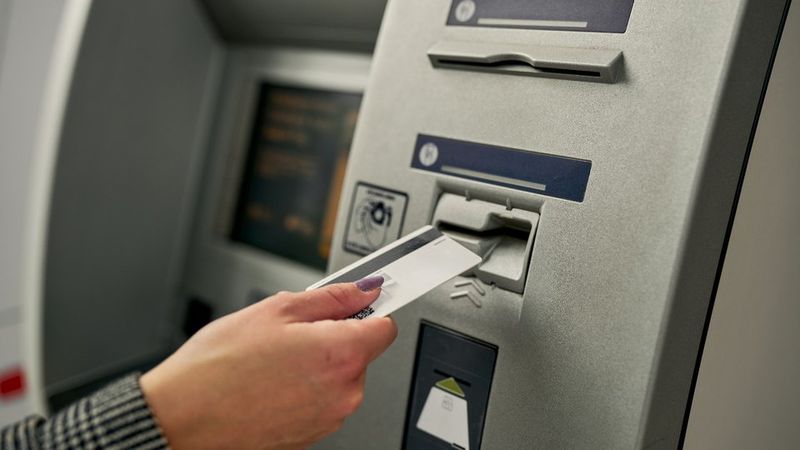
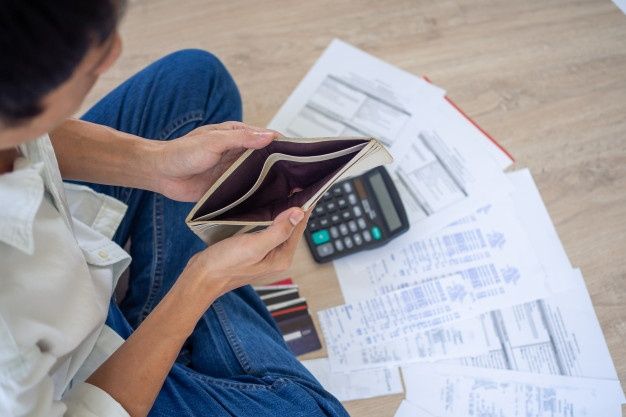

Comments
Loading…